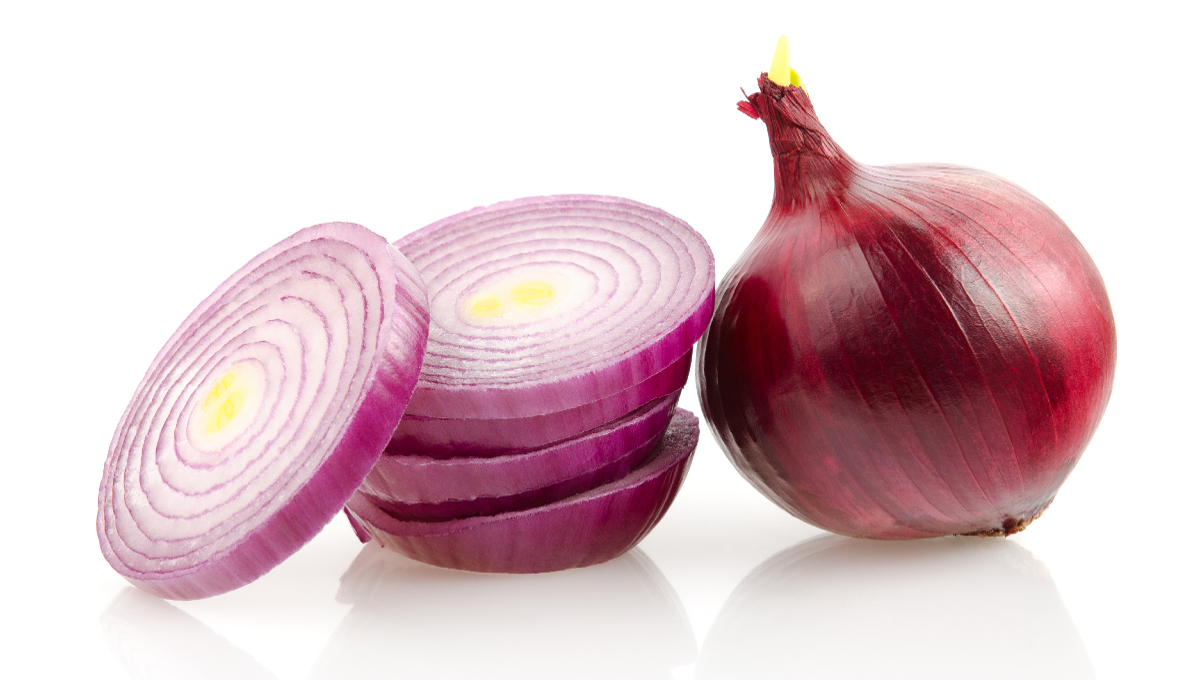The Food and Drug Administration’s traceback investigation is ongoing but has identified Thomson International, Inc. of Bakersfield, CA as a likely source of the recent potentially contaminated onions.
FDA and the federal Centers for Disease Control and Prevention (CDC) along with state and local agencies are also investigating a multistate outbreak of Salmonella Newport infections.
As of Aug. 6, CDC counts 640 people infected with the outbreak strain of Salmonella Newport in 43 states.
The U.S. cases are located in Alaska (6), Alabama (1), Arizona (14), California (76), Colorado (14), Connecticut (2), Delaware (1), Florida (3), Georgia (1), Idaho (26), Illinois (41), Indiana (2), Iowa (20), Kansas (2), Kentucky (1), Maine (4), Maryland (1), Massachusetts (2), Michigan (36), Minnesota (14), Mississippi (2), Missouri (6), Montana (52), Nebraska (10), Nevada (8), New Hampshire (1), New Jersey (2), New Mexico (1), New York (5), North Carolina (5), North Dakota (8), Ohio (8), Oregon (85), Pennsylvania (9), South Carolina (1), South Dakota (17), Tennessee (5), Utah (90), Virginia (8), Washington (25), West Virginia (2), Wisconsin (7), and Wyoming (16).
Illnesses started on dates ranging from June 19, 2020, to July 23, 2020. Ill people range in age from less than 1 to 102 years, with a median age of 39. Fifty-four percent of ill people think are female. Of 343 ill people with information available, 85 hospitalizations have been reported. No deaths have been reported.
A complete list of recalls in Canada that is associated with the outbreak can be found here.
And, as of Aug. 7, 2020, there have been 239 confirmed cases of Salmonella Newport illness linked to this outbreak in the following Canadian provinces: British Columbia (67), Alberta (149), Saskatchewan (5), Manitoba (13), Ontario (3), Quebec (1) and Prince Edward Island (1). Individuals became sick between mid-June and late July 2020. Twenty-nine individuals have been hospitalized. No deaths have been reported. Individuals who became ill are between 0 and 100 years of age. The majority of cases (54 percent) are female.
Thomson International Inc., on Aug. 1, recalled all varieties of onions that could have come in contact with potentially contaminated red onions, due to the risk of cross-contamination. Recalled products include red, yellow, white, and sweet yellow onions shipped nationwide from May 1, 2020, to August 1, 2020, sold under the following brand names: Thomson Premium, TLC Thomson International, Tender Loving Care, El Competitor, Hartley’s Best, Onions 52, Majestic, Imperial Fresh, Kroger, Utah Onions, and Food Lion.
In addition, products containing the recalled onions are being identified and recalled.
At this time, Giant Eagle and Taylor Farms have recalled products containing recalled onions, and USDA’s Food Safety and Inspection Service (FSIS) has published a list of Ready-to-Eat Meat and Poultry Products Containing Recalled Onions. A full list of available recall information is included below and will be updated as more products are identified and recalled.
The investigation is ongoing to determine the source of contamination and if additional products are linked to illness. Additional information will be provided as it becomes available.
Recommendations
Advice for consumers, restaurants, and retailers: Consumers, restaurants, and retailers should not eat, sell, or serve recalled onions from Thomson International, Inc. or products containing recalled onions. If you cannot tell if your onion is part of the recall, or your food product contains recalled onions, you should not eat, sell, or serve it, and should throw it out.
FDA recommends that anyone who received or suspects having received recalled onions use extra vigilance in cleaning and sanitizing any surfaces and containers that may have come in contact with recalled products to reduce the risk of cross-contamination. This includes cutting boards, slicers, countertops, refrigerators, and storage bins.
Consumers who have symptoms of Salmonella infection should contact their health care provider. Most people with salmonellosis develop diarrhea, fever, and abdominal cramps. More severe cases of salmonellosis may include a high fever, aches, headaches, lethargy, a rash, blood in the urine or stool, and in some cases may become fatal.
Suppliers and Distributors: Suppliers, distributors, and others in the supply chain should not use, ship, or sell recalled onions from Thomson International, Inc. or food products containing recalled onions. Suppliers and distributors that re-package raw onions should use extra vigilance in cleaning any surfaces and storage areas that may have come into contact with recalled onions. If there has been potential cross-contamination or mixing of onions from other sources with recalled onions, suppliers and distributors should discard all comingled and potentially cross-contaminated products.
(To sign up for a free subscription to Food Safety News, click here.)

